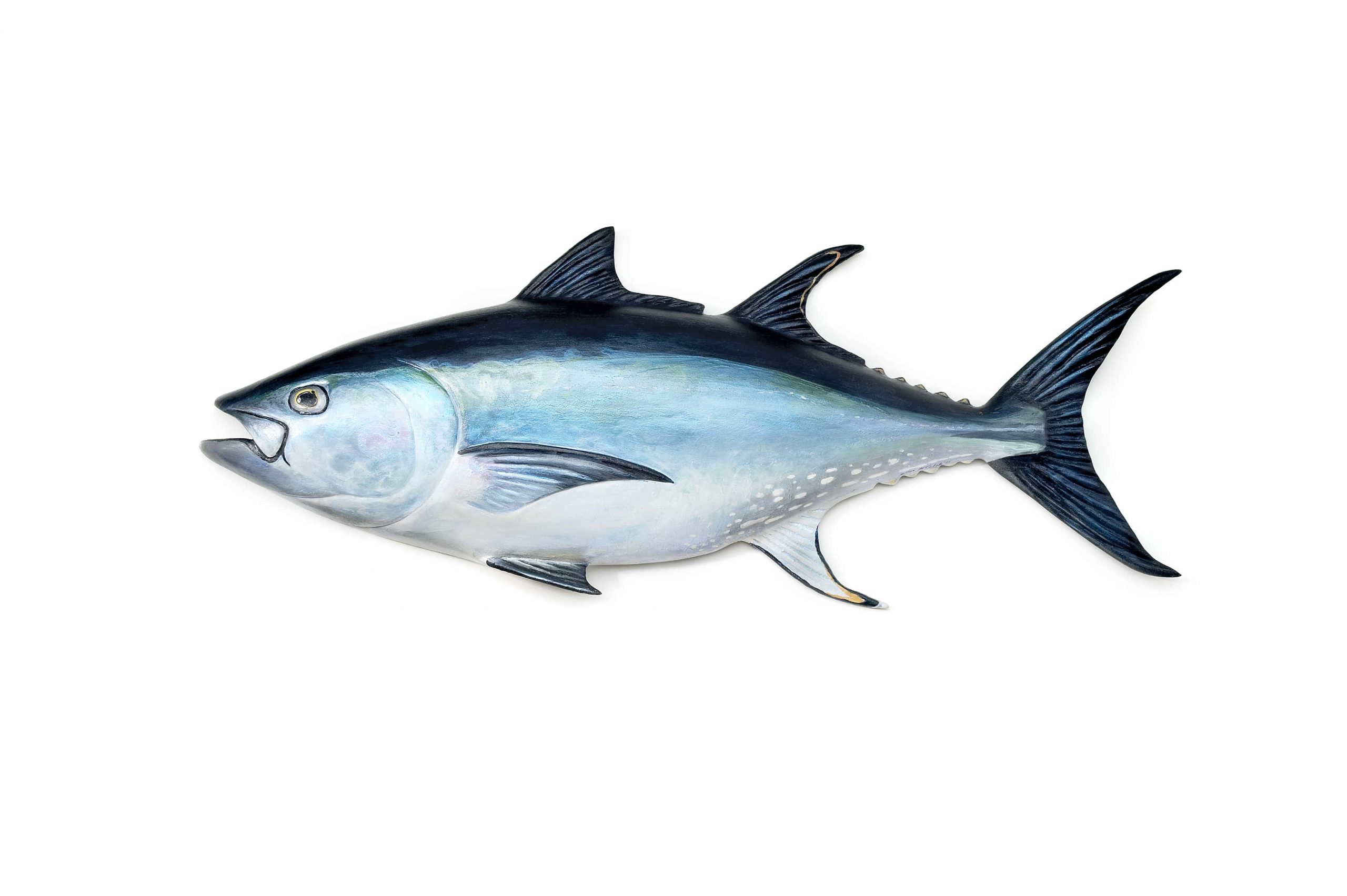Tuna is one type of fish that nearly 90 percent of the world population is eating. It is said to contain mercury, a harmful, toxic, and heavy metal that is associated with severe health problems and, therefore, should be avoided.
The term tuna does not literally refer to a single fish, rather it is a name for a collection of fish like albacore, skipjack, bigeye, and yellowfin. Many people consume skipjack. Tuna is an incredibly nutritious fish, providing beneficial nutrients like omega-3 fatty acids, protein, and a variety of B vitamins. Unfortunately, tuna may contain as much mercury as the nutrients it contains. The emission of mercury into the atmosphere, which goes into the oceans, makes marine life ingest mercury. Excess consumption of mercury can cause adverse health problems, which raises the red flag for the consumption of tuna. This article will look at the mercury content in tuna and tell you whether it’s safe for consumption.
How Much Mercury In Tuna?
Tuna is said to contain the highest amounts of mercury than any other seafood, such as lobster, oyster, salmon, tilapia, and scallops. What makes tuna be contaminated this much with mercury? A big part of the tuna’s diet is smaller fish. It largely feeds on these fish which have also been contaminated with mercury. Its worth noting that mercury is not easily excreted, and for that matter, it builds up in tuna.
The amount of mercury in tuna varies depending on the species, and the mercury levels in fish are measured either in micrograms (mcg) or parts per million (ppm). Canned light tuna contains 10.71 mcg of mercury, frozen skipjack tuna contains 12,24 mcg of mercury, canned albacore contains 29.75 mcg of mercury, fresh or frozen yellowfin tuna contains 30.09 mcg of mercury, fresh albacore tuna contains 30.43 mcg of mercury, and frozen bigeye tuna contains 58.57 mcg of mercury.
Consumption of tuna and mercury is not any worse, but consuming too much of it may cause serious health problems. Therefore, the United States Environmental Protection Agency (EPA) recommends that you should consume 0.1 mcg of mercury per kg of body weight. This is considered a safe dose and is referred to as the reference dose. Plainly, your mercury reference dose per day depends on your body weight. You can then multiply that by seven to get the total mercury limit for a week. For example, a person weighing 80 kg will consume 8.0 mcg of mercury per day which in turn, will be 56.0 mcg per week.
How Often You Eat Tuna Matters
Tuna is a nutritious fish that packs heart-friendly fats, protein, and vitamins. However, it would be best if you did not consume it every day. For easy understanding and safety issues, the Food and Drug Administration (FDA) recommends that adults should consume 85 to 140 g of fish, including tuna, twice or thrice a week. This is enough to provide sufficient amounts of omega-3 fatty acids and other nutrients. However, it is worth noting that regular consumption of fish contaminated with mercury greater than 29.0 mcg may spike blood levels of mercury. Unfortunately, most tuna species contain an excess of this amount. It would be best if you moderate your consumption of tuna and opt for another type of fish with less content of mercury. You will want to buy skipjack tuna as they don’t contain much mercury compared to bigeye or albacore.
Should Everyone Consume Tuna?
Tuna is not for everyone. Some people should avoid eating tuna as much as they can. It would be better if they rather abstained from tuna. People in this category include pregnant women, breastfeeding mothers, infants, children, or those anticipating pregnancy. Exposure to mercury can interfere with the development of the embryo, which may cause brain and developmental problems. Mercury can be passed to an infant through the mother’s breast milk.
What Is Mercury Poisoning?
Mercury poisoning simply refers to toxicity caused by the ingestion of mercury. Mercury exists in three forms – methylmercury (elemental), inorganic, and organic mercury. The last is mostly consumed in seafood. Nearly every food that you eat contains mercury but in small proportions. Other foods, however, contain excess amounts of this toxic metal, and consuming them regularly can cause mercury poisoning.
Symptoms of Mercury Poisoning
The levels of mercury are measured or assessed by testing their concentrations in your hair or blood. Mercury is dangerous as it impairs the nervous system. As mercury builds up in your body, they bind to nerve cells. According to the FDA, an individual with mercury poisoning may present with anxiety, depression, numbness, irritability, memory loss, and tremors.
However, mercury poisoning in adults may present with added symptoms apart from the ones listed above. These include muscle weakness, shuffling gait, difficulties in speech and hearing, poor and or lack of coordination, death of nerves in hands and face, and vision changes. In children and infants, mercury poisoning may present with poor language development, delayed cognition, delayed visual-spatial awareness, and delay in fine motor skills. If you suspect any or have noticed any neural change from normal, it would be best if you sought medical attention. Your doctor will help make a proper and relevant diagnosis. That said, if one won’t get prompt treatment, mercury poisoning may complicate into permanent neurological changes, especially in children. Some children may struggle with life-long learning difficulties, while adults may have kidney damage, permanent brain damage, and even heart failure, according to Environmental Defense Fund.
Other Causes of Mercury Poisoning
You may get exposed to mercury in the environment or exposure to other heavy metals. These include cosmetic and skincare products, gold mining, certain types of jewelry, dental fillings containing silver, and broken parts of fever thermometers. Other fish also contain mercury like shark, swordfish, trout, salmon, squid, shrimp, catfish, herring, king mackerel, crab, pollock, sardines, cod, anchovies, just to name a few.
Conclusion
Tuna is a highly nutritious fish and an excellent source of omega-3 fatty acids, proteins, and vitamins. However, tuna contains high amounts of mercury, and this may cause mercury poisoning. This is a serious condition that can complicate to brain and kidney damage. You may want to moderate your consumption of tuna to two or three times a week.
- Chickpeas vs. Garbanzo Beans: What’s the Difference? - April 19, 2024
- How to Manage or Improve Anxiety - September 21, 2023
- The birth of a company - July 29, 2023









